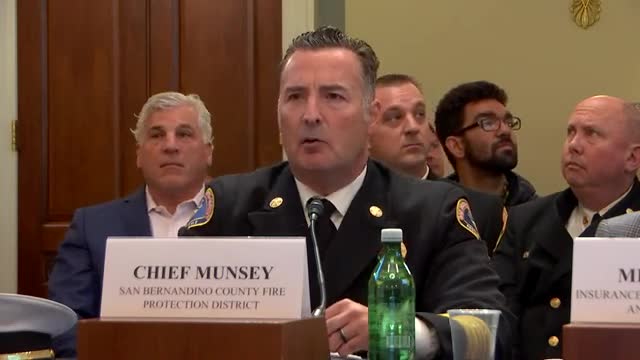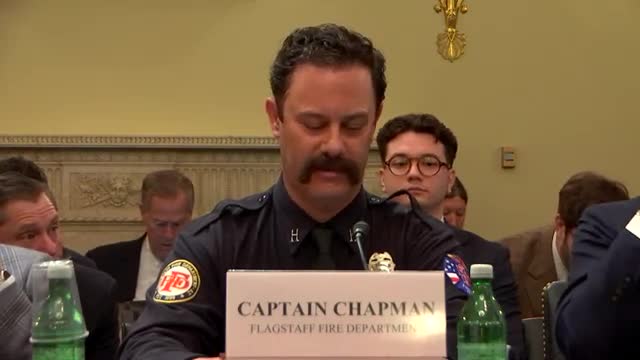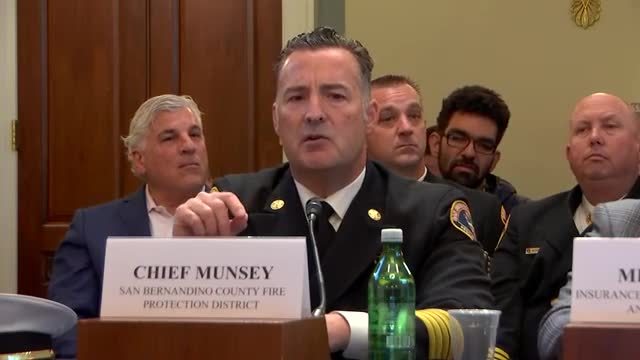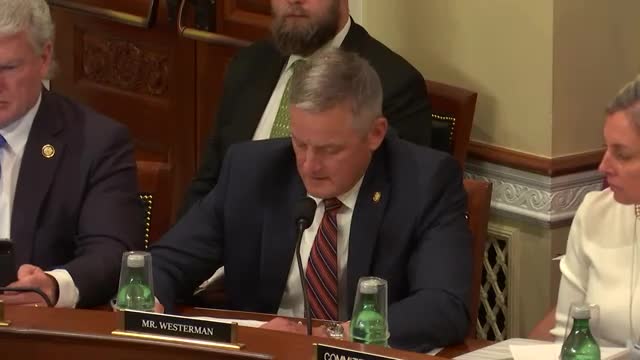Article not found
This article is no longer available. But don't worry—we've gathered other articles that discuss the same topic.

Lawmakers and chiefs link road access, roadless policy and good-neighbor authority to wildfire outcomes

Flagstaff, San Bernardino officials point to local fuels projects and collaboration as models

Witnesses urge home hardening, neighborhood mitigation and program changes to stabilize insurance markets

